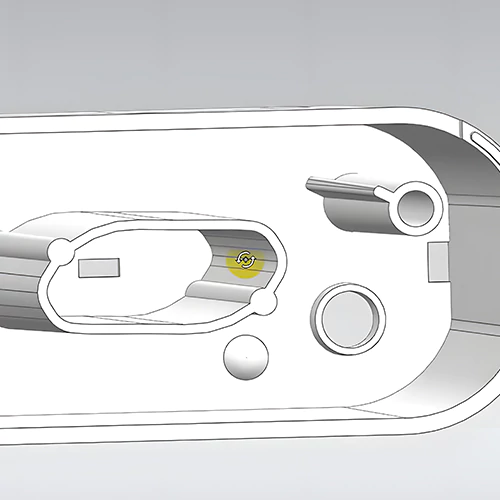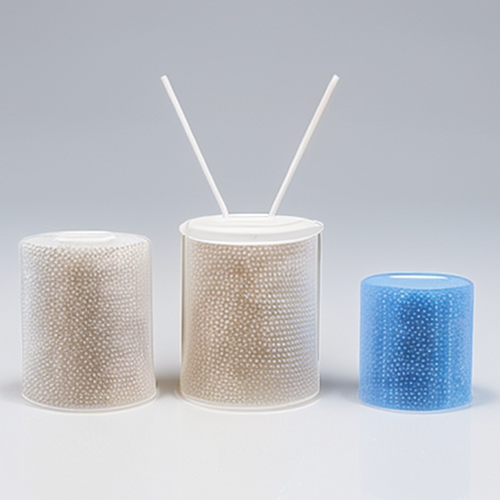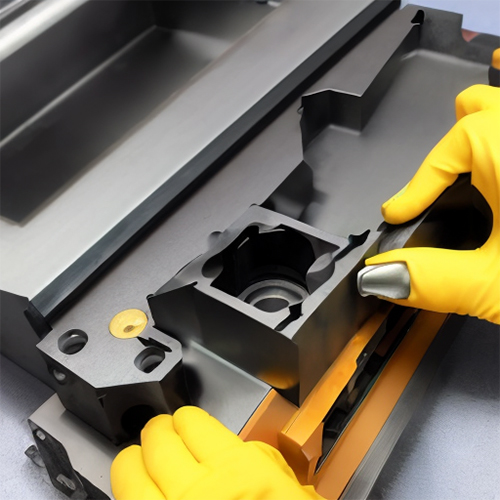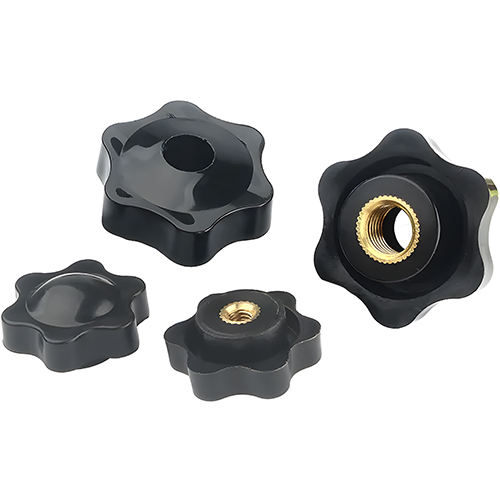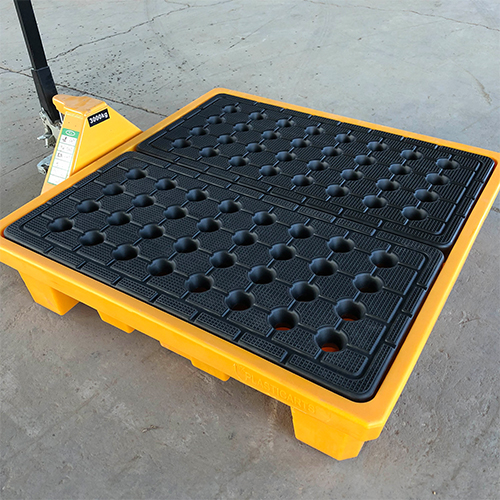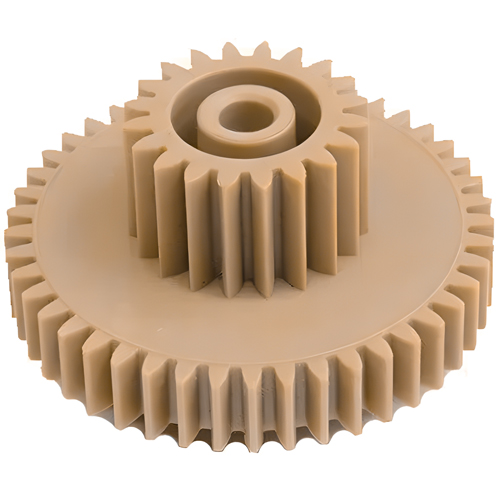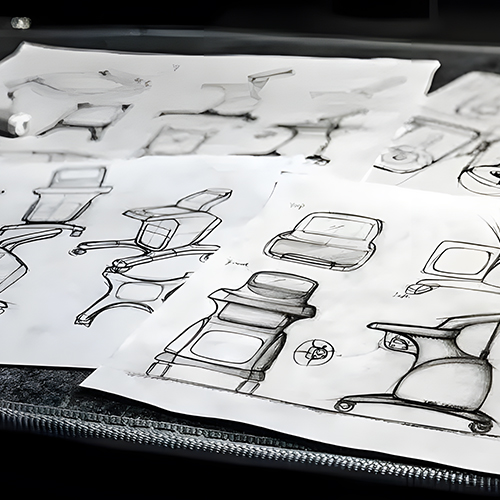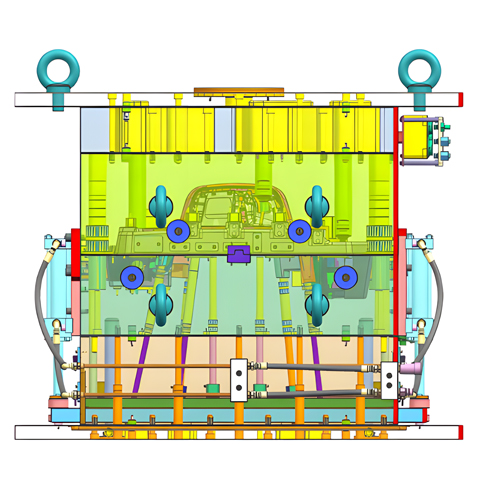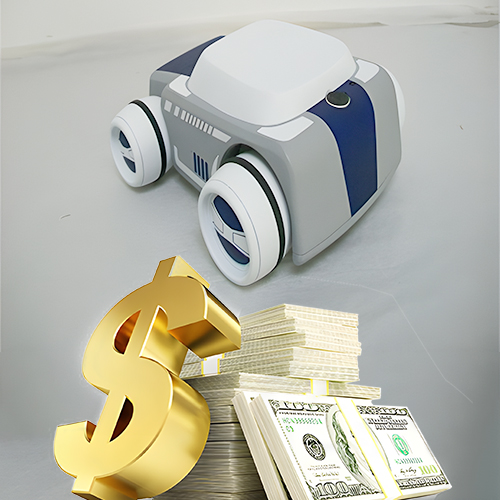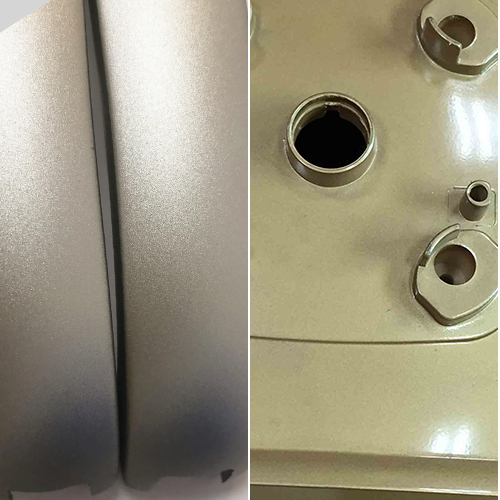The tools and instruments manufactured for the medical industry must be of ultra-high precision. Because human lives rely on them, and a tiny mistake can be extremely devastating. It implies equally well whether it’s a micro medical part like catheters, large MRI scannerso surgical instruments. Since precision is paramount for medical instruments, we have to choose a manufacturing process that can deliver medical parts with guaranteed tolerancias estrictas y high precision. When it comes to producing parts with the requirements mentioned above, Mecanizado CNC can serve the purpose exceptionally well.
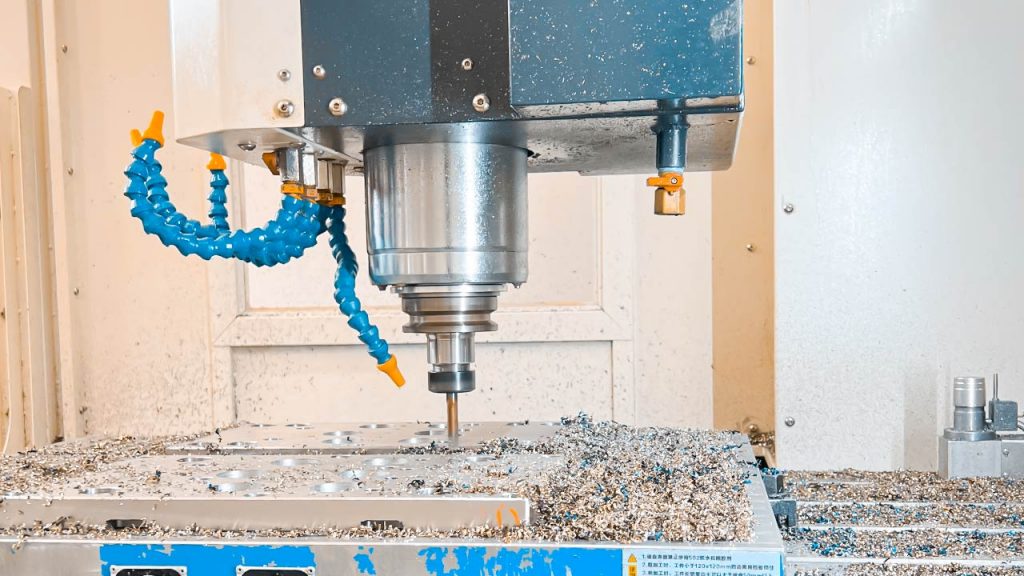
Precision machining not only offers a large variety of materials, but it can tender mechanization and economical productions too. If you are interested in knowing more about the role of CNC machining in medical industry-related tools and instruments, then read on.
Consejos: Pulse aquí to learn more about “What’s CNC machining.”
Applications of CNC Machining in Manufacturing Medical Devices and Equipment
Thanks to its remarkable affinity with the medical sector, manufacturers have taken up embracing the flair of CNC machining in the fabrication of different medical precision devices and equipment. Here we discussed some vital medical devices being made with precision technology:
CNC Machined Medical Implants
CNC machining has impressively transformed the production capabilities of bodily implants like knee implants, spine implants, and hip replacements. It has proven to be a blessing in disguise for the patients.
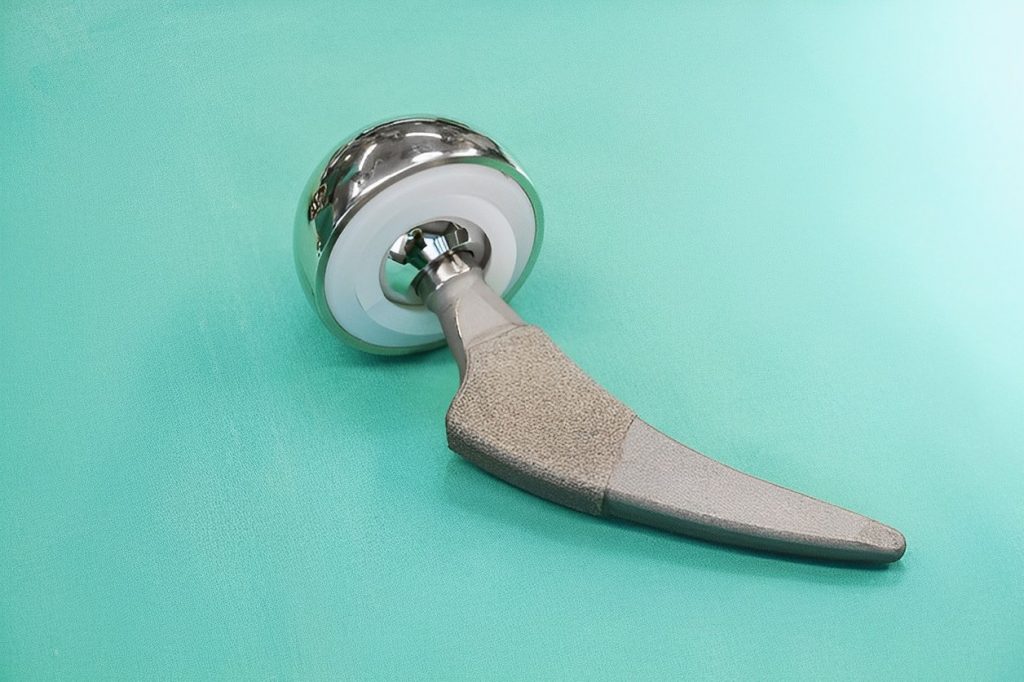
Usually, medical practitioners only need implants in a small volume. For this reason, harnessing a process like moldeo por inyección will be expensive because mold production for a product that is demanded in small quantities will increase the cost significantly. However, CNC machining allows the machinist to utilize the tools for other production batches. That helps to manage the manufacturing costs.
These implants are produced from several materials ranging from diverse metal options to broadly available plastics. These include stainless steels, titanium alloys (like Ti6Al4V), polyether ether ketone (PEEK), cobalt-chrome alloys (like CoCr28Mo6), etc. CNC machining provides the advantage of an abundance range of materials to select. Therefore, it is perfectly suitable for such production processes.
CNC Machined Parts for Electronic Medical Equipment
Human bodily implants are simple medical devices that usually consist of other small components. However, with CNC machining, we can produce the parts for complex electronic medical equipment such as X-ray machines, ultrasound machines, MRI scanners, CT scanners, monitorsy different diagnostic equipment.
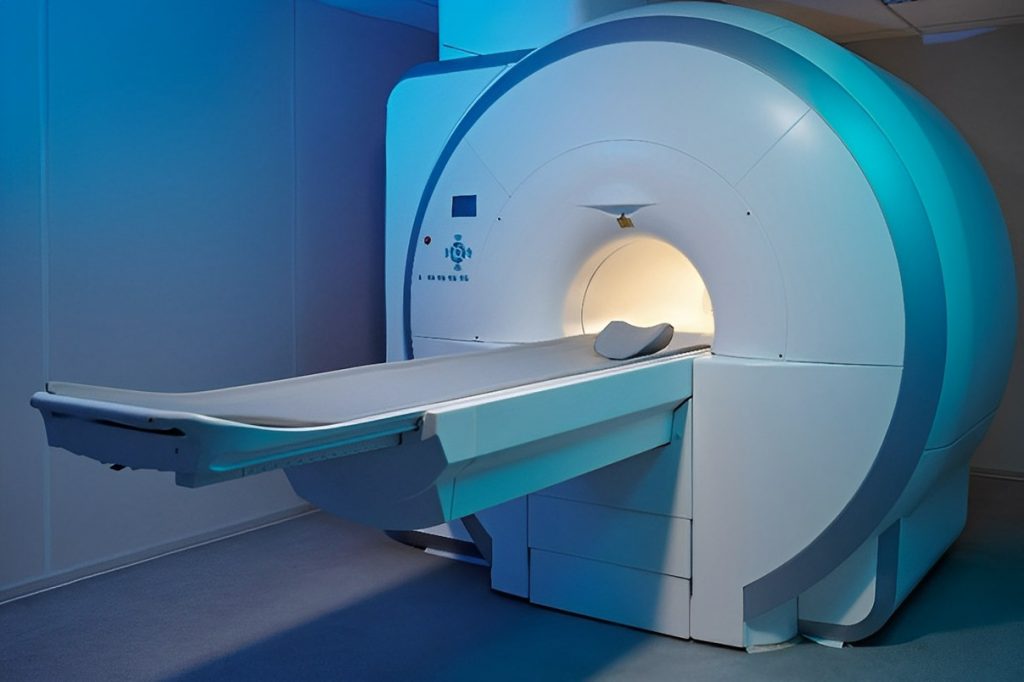
These lifesaving and expensive medical equipment embodies a number of individual parts, and many of these electronic medical equipment components can be manufactured with Máquinas CNC. These components may include smaller ones like buttons, levers, screws, and switches and large parts like monitor housings.
But unmatchable precision is of paramount importance here because it is a matter of human lives. Manufacturers must ensure to eradicate any chance of failure, particularly for those devices and equipment often wheeled from room to room across the medical facility.
The implants should be biocompatible as they have to inject into the human body. But electronic medical equipment need not be biocompatible as they don’t make any physical contact with a patient being treated.
Micromachining
Micromachining encompasses the fabrication of extra small medical components mainly used in different implantable devices, exploratory surgical tools, drug-delivering technologiesetc.
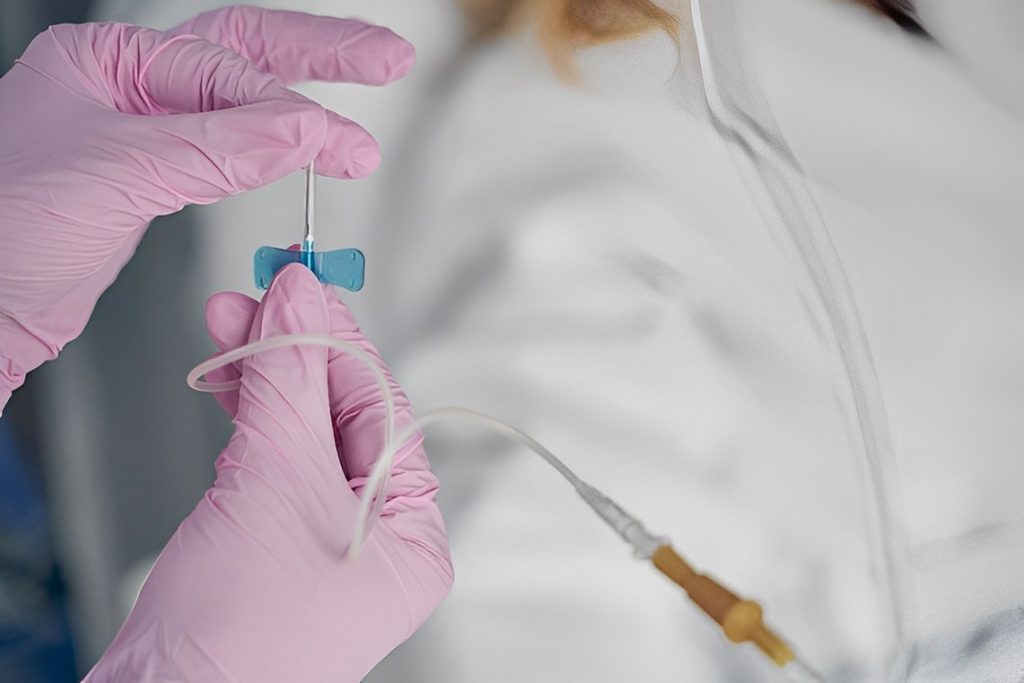
These medical equipment and devices have extensive sophistication due to their extra small sizes, are highly critical to ultra-high precision, and demand higher manufacturing proficiencies. Therefore, an advanced and technologically superior manufacturing process like CNC machining becomes an ideal choice for micro-machined medical parts because it can create parts under 50 microns with the exact dimensions and tightest tolerances.
The medical industry relies on CNC machining to produce micro-machined devices and parts like stents, pacemaker components, catheters, drug delivery systems, miniature screws for implants and devices, tiny plastic tubes, ophthalmic instruments, and many more.
CNC Machined Surgical Instruments
Precision machining is used in manufacturing high-quality surgical instruments that assist medical practitioners in performing patients’ surgeries. These include blade handles, cutters, forceps, surgical scissors, biopsy tubes, implant holders, and forceps.
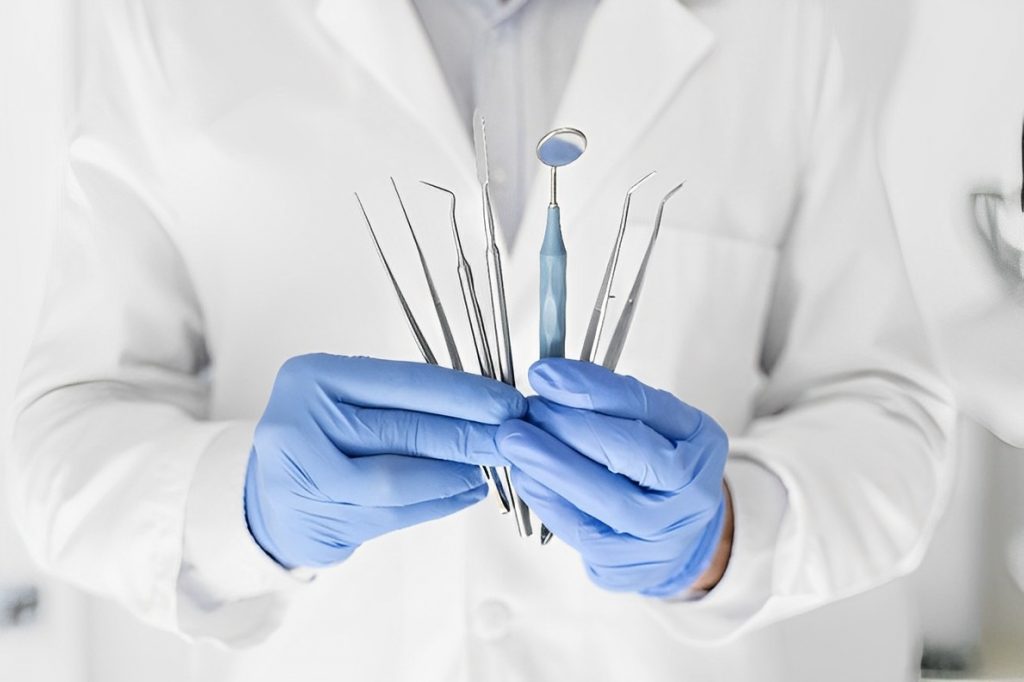
These machined surgical tools and instruments have direct contact with human body parts, so they must be cleaned and sterilized correctly to ensure compliance with health safety requirements.
The manufacturers prefer CNC machining for this surgical equipment as they should have high precision and tight tolerances. Some tools must be produced in small quantities; sometimes, the machinist must fabricate a single part for the patient. That is why the CNC process will serve the purpose well and is economical for producing these parts.

Benefits of CNC Machining
Product manufacturing for the medical industry requires extreme precision, the tightest tolerances, and extraordinary acabado superficial. The reason is that the products often have extremely small dimensions that are as small as a few microns. Moreover, the smooth surface finish is of paramount importance for medical products because many products are implanted in the human body.
One can understand the delicacy of the matter by considering the example of blood pumps. The internal surface finish of blood pumps can significantly alter the rates of thrombus, which is related to stroke risk.
Thus, for the above reasons, casting and manual machining are out of the question. Hence, CNC machining is the only viable option because it offers extreme precision and different surface finishing options. Let us throw some more light on the benefits of CNC medical machining:
CNC Machining Offers a Huge Diverse Materials Option
One of the most distinguishing factors of using CNC machining in the medical industry is that it can work with a variety of raw materials common in the medical industry. Stainless steel, titanio, aluminio, acero dulce, and Advanced-grade plastics are some. Moreover, it gives the same high precision irrespective of the material used. Thus, CNC machining can handle multiple raw materials.
CNC Machining Doesn’t Require Fixed Tooling
One of the most important benefits of CNC machining over other production methods is that it does not require any fixed or special tooling. But other methods, like moldeo por inyección de plástico, require a unique molde for each product. A lot of time (3 to 4 weeks) and money is wasted on mold creation. This is bearable for large orders. But often, medical products are required in small volumes and must be delivered with tight deadlines.
This bottleneck makes CNC machining an ideal mode of production because there is no need for any special tools to machine a new product.
CNC Machining Easily Fulfills Tight Tolerances Requirements
Last but not least, one of the most important advantages of CNC machining is that it produces medical parts that possess tight tolerances. The medical industry involves highly complex products requiring enormously tight tolerance, ensuring that the machined medical part will fit perfectly in place with other parts. Otherwise, any alteration in the dimensions equates to a disaster in this field.
CNC Machining Offers Mass-Production
Another advantage of using CNC machining is that there are no product volume restrictions. That is, there is no precondition of a minimum order. You can place an order for one item or as many items as you want.
The reason is that once a digital CAD file is created, then we can rapidly create a cutting program from that file. It depends on the requirements that we can use that coding program to create a single part or innumerable parts. Moreover, all products will have the same high precision. Thus, there is no minimum order requirement for CNC machining.
CNC Machining Offers Faster Medical Products Creation
One of the most important advantages of CNC machining in the medical industry is that it offers quick production. Time is of the essence in the medical industry as this industry involves medical emergencies that are often difficult to predict. Therefore it is next to impossible to produce medical parts beforehand that might become high in demand in the blink of an eye. The rise in demand for personal protective equipment (PPEs) during the COVID-19 pandemic is a good example of this phenomenon. Moreover, the time window for the required product is usually tiny and can be the distinguishing factor between life and death.
Thus, the CNC machine is extremely handy in such scenarios. Because switching from a digital CAD file to the finished product often takes a few hours with CNC machining. Hence, CNC machining ensures the production of critical medical parts in a short timeframe.
CNC Machining Can Be Local and Portable
Another advantage of using CNC machines in the medical industry is that there are small and portable versions available as well. The usual perception of CNC machines is that they are bulky and occupy large spaces. Thus they are not a perfect fit for the medical industry because it needs small machines. But this is not the case because many CNC machines can fit on a desktop. Although they offer limited capacity, they have the same benefits as normal-sized machines. Thus, the small size and compatible precision of CNC machines are very handy for the medical industry.

